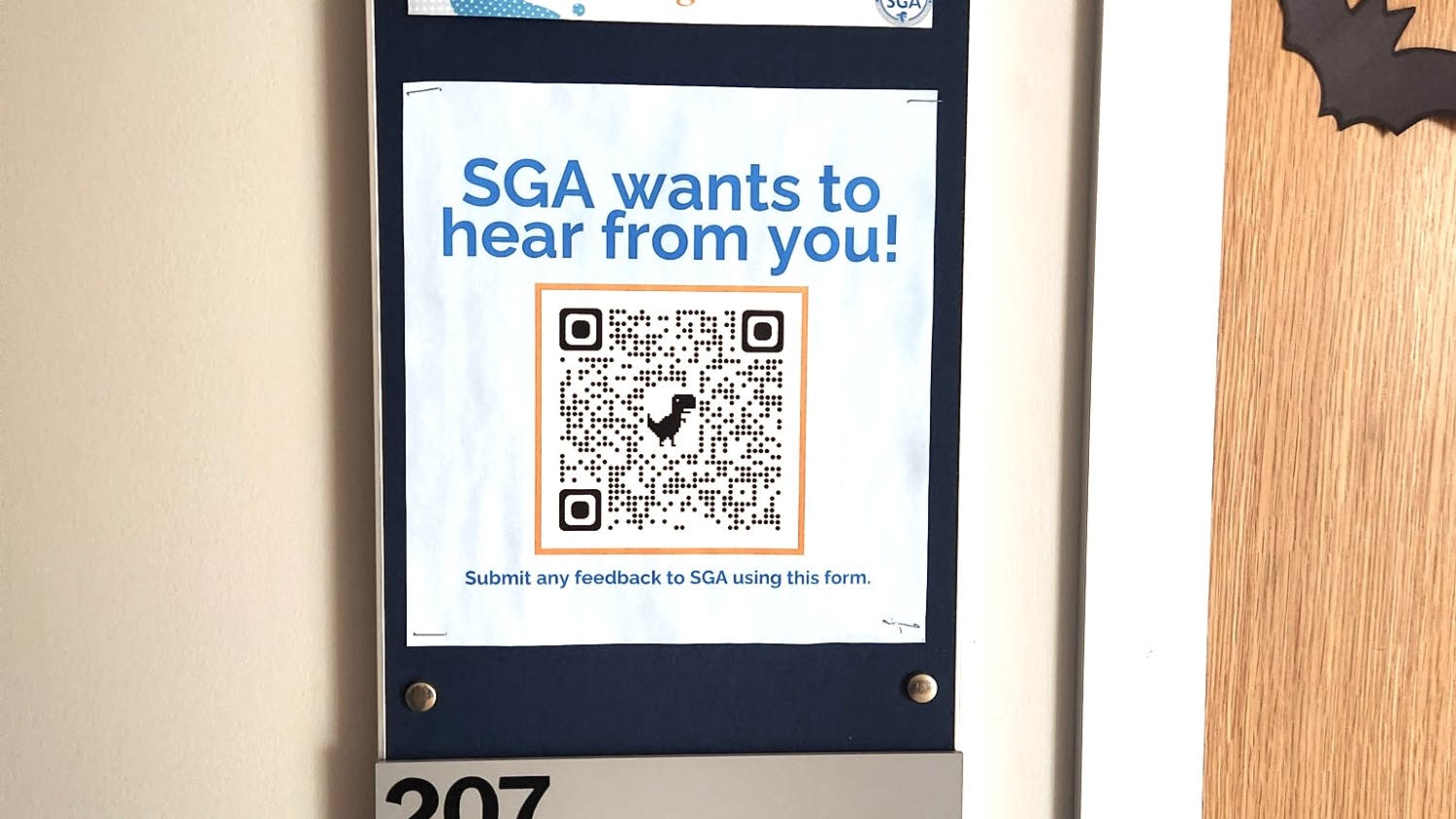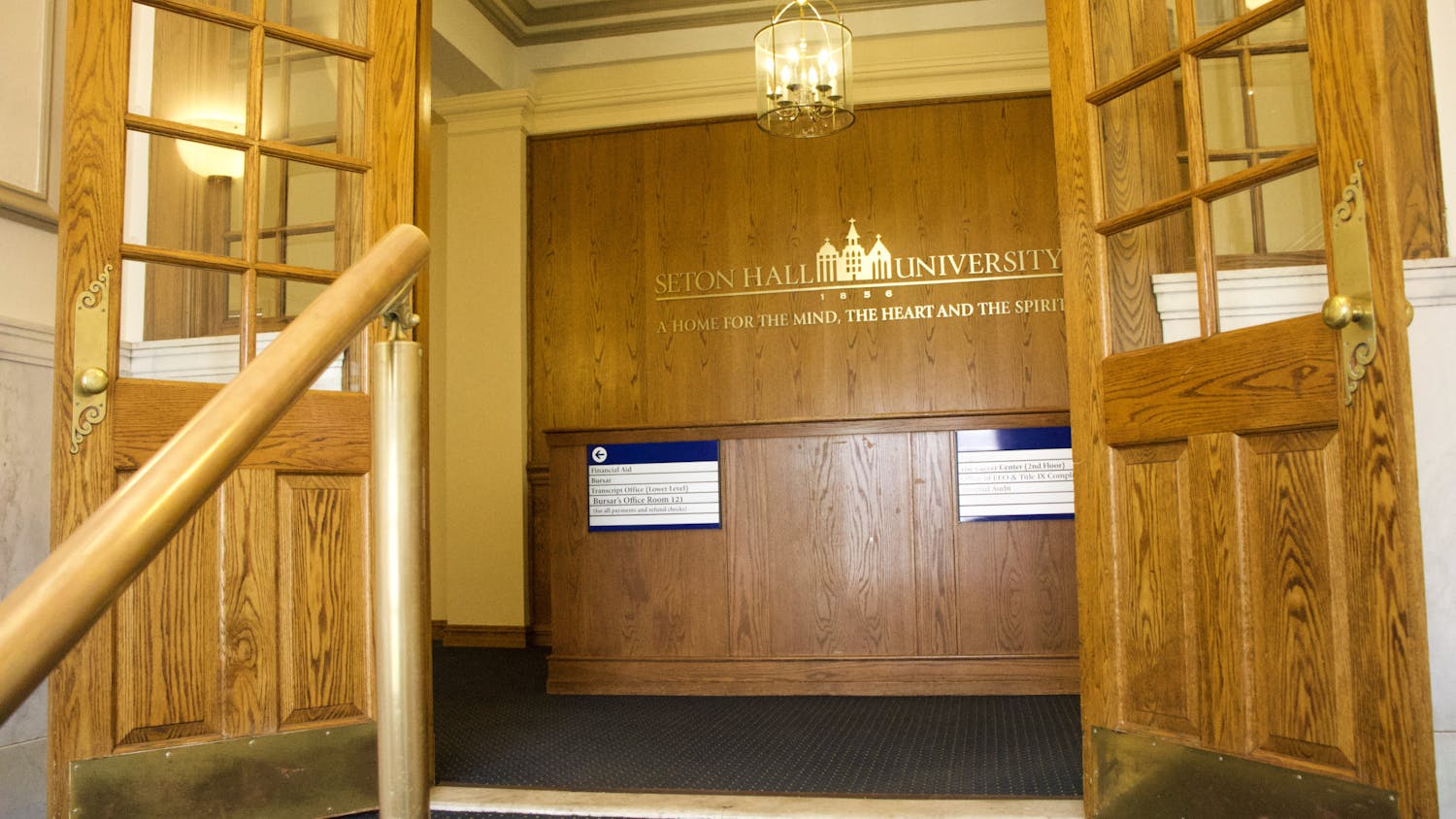
Caption
Ever wish that your tuition would stay the same rate year after year? A new bill currently making its way through the State Legislature might make that wish come true—with a few strings attached.
Assembly Bill A2807, introduced on March 24, would prohibit most four-year private and public universities in the state from increasing undergraduate tuition and fees for New Jersey residents for nine consecutive semesters following their enrollment. The Assembly’s Higher Education committee voted in favor of the bill on Sept. 18. Since then it has been approved by the full Assembly, and was moved to the Senate, where it was referred to the Higher Education Committee.
To become law, the bill would have to be approved by the Senate and then signed by Gov. Chris Christie.
While on the surface this bill might sound perfect to students and their parents, there are a few concerns to take into consideration.
This bill would require universities to budget for and build into tuition four years’ worth of expenses and inflation. It could also upset out-of-state students because it would only be applicable to New Jersey residents.
Senior Kelsey Van Etten from Vernon, N.J. said that while she thinks paying for tuition at a flat rate should be an option, she thinks factoring in the inflation rate would defeat the purpose.
Her concerns are echoed by junior Brittany Doomany from Denville, N.J.
“An adjustment to the real rate in the beginning to count for inflation would make me question the accuracy due to not knowing the real inflation rate in the future,” Doomany said.
Michael Raphel, associate bursar, said that because inflation could change over a four year period and affect the quality of equipment and staff at Seton Hall, he thinks this bill might work better if it was only applied to public universities.
“I do think it would work better at a public university because the state is more involved with the funding itself,” Raphel said. “So if there is a deficit one way or another the state itself budgets in to cover that difference or any potential shortfall.”
In response to speculation about accurately budgeting for four years, Assemblyman Joseph Cryan, one of the bill’s sponsors, said in an interview with nj.com: “We’re in a state that’s part of the financial region of the country producing young people, and we can’t budget out four years? I think we’re even teaching that.”
Sophomore Chris Scott from Florissant, Mo. said that he would be OK with a flat rate that factored in a projected inflation rate. He does; however, think that it would need to apply to out-ofstate students as well.
“If Seton Hall is going to begin adjusting rates, it should apply to all students,” Scott said. “I don’t see why out-of-state students should pay more to come to school here, especially when it helps Seton Hall’s image to have out-ofstate students.”
Doomany stated that different rates for in-state and out-of-state students would be problematic.
“If the rates were different for in-state and out-of-state students it would discourage out-of-state students and decrease the diversity in the student population,” Doomany said.
Raphel also acknowledges the out-of-state issue and said that it seems unfair to have a difference in prices especially when someone from New York could be geographically closer to Seton Hall than someone from southern New Jersey.
“I’m not saying it couldn’t work, it probably does have its merits and does have its possibilities,” Raphel said. “But there’s a lot that needs to be factored in.”
Samantha Giedris can be reached at samantha.giedris@stident.shu.edu.





